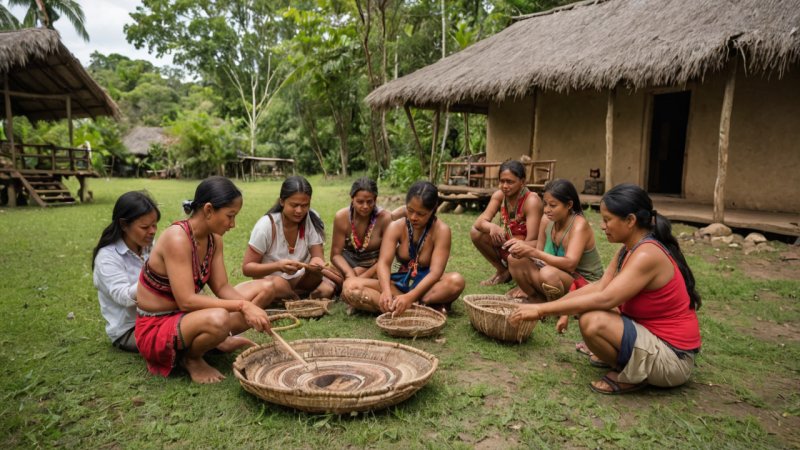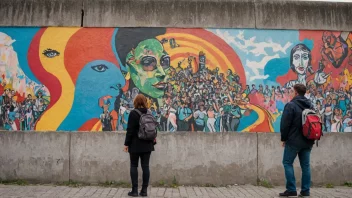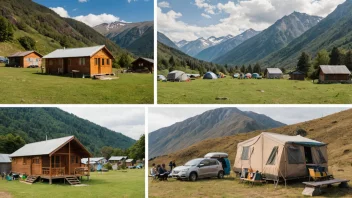Ecotourism is not just about enjoying nature; it's also about understanding and preserving the cultures that exist within it. Indigenous communities often have a deep connection with their land, and ecotourism provides an opportunity for travelers to engage with these communities while promoting sustainable practices. Below are some common questions about the role of ecotourism in preserving indigenous cultures.
What is ecotourism?
Ecotourism is a responsible travel approach that focuses on visiting natural areas to conserve the environment and improve the well-being of local people. It emphasizes sustainability and education, ensuring that tourism benefits both the environment and indigenous cultures.
How does ecotourism benefit indigenous communities?
Ecotourism can provide indigenous communities with financial support through tourism revenue. This can create jobs, fund local projects, and help preserve cultural practices. Additionally, it raises awareness about their culture and traditions, fostering respect and understanding among visitors.
What are some examples of ecotourism initiatives that support indigenous cultures?
- Community-guided tours: Many indigenous groups offer tours led by local guides who share their knowledge of the land and culture.
- Cultural workshops: Visitors can participate in traditional crafts, cooking, or dance, which not only provides income but also helps keep these traditions alive.
- Sustainable lodging: Eco-lodges owned by indigenous communities offer a place to stay while ensuring that profits benefit the locals.
Are there any challenges associated with ecotourism for indigenous cultures?
While ecotourism can provide benefits, it can also lead to challenges such as cultural dilution, over-commercialization, and environmental degradation. It is crucial for tourism initiatives to be community-led and based on consent to avoid these issues.
What role does education play in ecotourism?
Education is a fundamental aspect of ecotourism. By educating travelers about the indigenous cultures and issues they face, ecotourism fosters respect and encourages responsible behavior among visitors, ultimately leading to better preservation of both culture and environment.
How can travelers contribute to the preservation of indigenous cultures through ecotourism?
- Choose community-based operators: Opt for tour operators that are owned or operated by indigenous people.
- Respect local customs: Learn about and adhere to the customs and traditions of the communities you visit.
- Support local businesses: Purchase handmade crafts, food, and services from local vendors.
Is ecotourism sustainable in the long term?
When done responsibly, ecotourism can be sustainable in the long term. However, it requires ongoing commitment from both travelers and tour operators to ensure that cultural preservation and environmental conservation remain a priority.
How can I find ecotourism opportunities that support indigenous cultures?
Researching online is a great starting point. Look for travel companies that emphasize responsible tourism and check for reviews from previous travelers. Organizations focused on sustainable travel often provide resources and lists of ecotourism initiatives supporting indigenous communities.
In conclusion, ecotourism plays a vital role in preserving indigenous cultures by providing financial benefits, fostering education, and promoting cultural exchange. By engaging responsibly with these communities, travelers can contribute to the sustainability of both the environment and the rich traditions of indigenous peoples.






